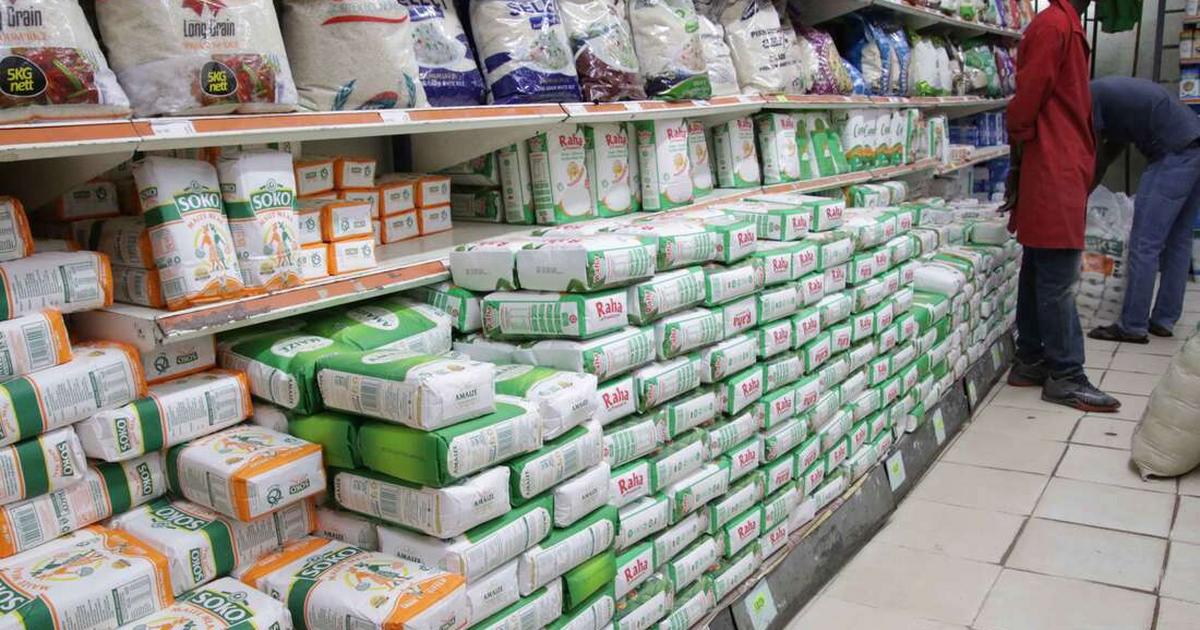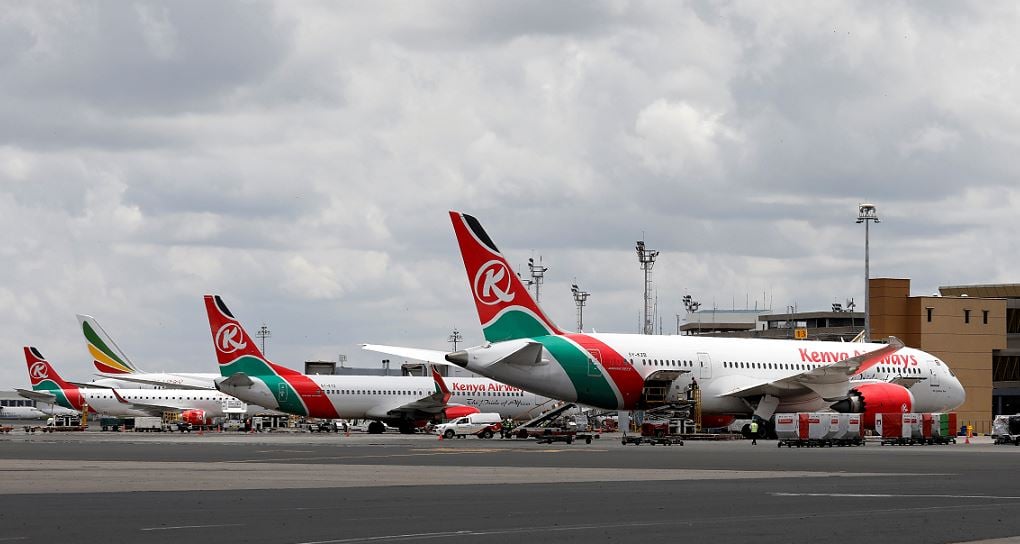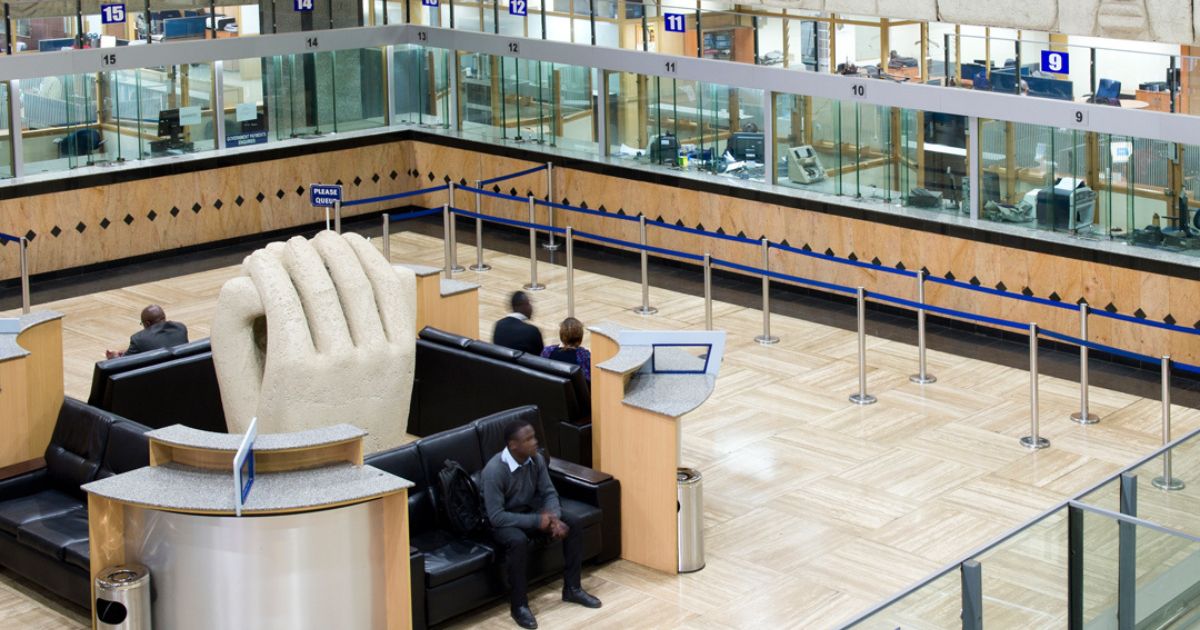- Money254 Money Weekly
- Posts
- How to Prepare for Increased Expenses at Home During School Break
How to Prepare for Increased Expenses at Home During School Break
The school break may be a time for rest, but for parents, it’s also a time of increased household spending. The key is to prepare early, adjust your budget, and avoid that mid-holiday panic when everything seems to cost more than expected.

Greetings, and welcome to the 42nd edition of the Wallet Wellness Newsletter - your midweek source of practical financial tips to elevate your money management skills!
We hope you got a chance to read last week’s edition, where we discussed why you're always broke by week two of payday and how to break the cycle. This week, we shift gears to how to prepare for increased expenses at home during school break
As always, be sure to check out the Concept Corner below for a deep dive into the money concept of the week.
Let’s dive in!
This week’s Wallet Wellness is brought to you by LUA, a free AI Assistant on WhatsApp
Are you overwhelmed with work? Are you struggling with budgeting? Are you struggling with meal prep and eating healthy? Are you behind on the news or cannot keep up with your favourite football team?
You don’t need different assistants at home or work. In fact, you don’t need a human assistant at all. Lua, a free Kenyan AI assistant on WhatsApp, can not only generate content but also help you do tasks such as booking restaurants, scheduling meetings, and helping children with homework.
MONEY254 TIP OF THE WEEK
How to Prepare for Increased Expenses at Home During School Break
When schools close, many Kenyan households feel it — not emotionally, but financially.
Suddenly, your grocery bill doubles, electricity tokens vanish faster, and the “Mum/dad, I’m hungry” chorus starts at 10 am.
The school break may be a time for rest, but for parents, it’s also a time of increased household spending. The key is to prepare early, adjust your budget, and avoid that mid-holiday panic when everything seems to cost more than expected.
Here’s how to stay financially sane while the kids are home
1. Redo Your Monthly Budget
Most families plan budgets based on school terms — when meals are covered at school, transport is minimal, and snacks are occasional. But during holidays, those expenses move back home.
What to do:
Add a holiday food allowance — groceries, snacks, and small treats.
Increase your electricity and water estimates — kids at home mean more TV, showers, and gadgets charging.
Account for entertainment or outings. A few small, planned fun days are cheaper than random expensive ones.
Small adjustments ahead of time make a big difference once the break begins.
2. Buy in Bulk Before Schools Close
Prices tend to rise around holiday time, especially for common household items and snacks. Buying early helps you beat both inflation and impulse buying.
What to do:
Stock up on cereals, flour, rice, milk, and sugar in advance.
For perishables, freeze portions to avoid daily market runs.
If possible, shop at wholesale stores — even small savings per item add up quickly when you have kids at home every day.
3. Set Clear Spending Rules for the Family
Children, especially teenagers, tend to think holidays equal unlimited spending. If you don’t set boundaries, your budget will vanish before you know it.
What to do:
Set a daily snack or lunch budget instead of random spending.
For older kids, involve them in simple budgeting — teach them what things cost and how to prioritize.
Encourage home-based activities like movie nights or cooking challenges instead of frequent costly outings.
The goal isn’t to be stingy — it’s to teach financial mindfulness as a family.
4. Create a Holiday Buffer Fund
This is a small emergency fund just for the holiday period. It cushions you from those surprise costs — a family visit, extra fuel, or that sudden trip to the doctor after too much football.
What to do:
Even saving Ksh100–200 daily before the break adds up. Keep it separate from your regular savings or Sacco account so you don’t mix it up with long-term goals.
5. Avoid Using School Fees or January Money
This is the most common mistake. Parents sometimes dip into January school fees to handle December pressures — and then January becomes financially brutal.
What to do
Treat school fees like rent — untouchable. If you’re short, find small ways to cut back elsewhere: fewer take-outs, shared holiday costs with relatives, or cheaper home-based entertainment.
6. Plan for Reopening Costs Early
It’s tempting to focus only on the break, but reopening is always around the corner. Use part of your holiday budget to prepare gradually — buy school shoes, uniforms, or stationery in bits rather than all at once in January.
Bottom Line
School breaks are meant to bring families together — not financial stress. By anticipating higher expenses, adjusting your budget, and setting boundaries, you can enjoy quality time with your kids without breaking your wallet.
A little planning today can make the long holiday smoother, cheaper, and a lot more peaceful.
CONCEPT CORNER
Capital Gain / Losses
This refers to profit/loss that’s made when an asset is sold for more than or less than its original purchase price. For example, if you buy land for Ksh1,000,000 and sell it for Ksh1,100,000, the difference is your capital gains. Capital gain/losses can also be on paper if you don’t sell the asset. For instance, if the Ksh1,000,000 land depreciated and now costs Ksh900,000, even without selling it, you will have suffered a capital loss of Ksh100,000. This is because when calculating your net worth, you will use its current market price, not the buying price. Read More.
Money Tips & Career Advice
MONEY254 #MONEYTOK
How the 80/20 Investment Rule Can Help You Build Wealth With Ksh100K
Have you ever wondered how to balance risk and safety when you're investing your money? The 80/20 rule could be the best guide. It is simple, practical, and powerful enough to change how you approach wealth building. This rule is helpful, especially for those who are starting out.
The 80/20 rule, also known as the Pareto principle, helps investors strike the right balance between low-risk investments and high-risk investments. Watch this video to find out how you can use the rule to allocate your investment.
@money254hq 𝐇𝐨𝐰 𝐭𝐡𝐞 𝟖𝟎/𝟐𝟎 𝐈𝐧𝐯𝐞𝐬𝐭𝐦𝐞𝐧𝐭 𝐑𝐮𝐥𝐞 𝐂𝐚𝐧 𝐇𝐞𝐥𝐩 𝐘𝐨𝐮 𝐁𝐮𝐢𝐥𝐝 𝐖𝐞𝐚𝐥𝐭𝐡 𝐖𝐢𝐭𝐡 𝐊𝐬𝐡𝟏𝟎𝟎𝐊 Have you ever wondered how to balance risk and safety when you're inv... See more
That's it for this edition of Wallet Wellness. We hope these financial tips have added some energy to your hustle. Stay tuned for more practical insights in our next edition of "Wallet Wellness" next week, and watch out for Money Weekly in your inbox this Friday.
Also, don’t forget to download the Money254 App on the Google Play Store, and remember that we can help you compare over 300 loans, savings accounts, current accounts, and more if you’re thinking about your next product.
Cheers to your wallet's well-being!
Money254 editorial team.
FEEDBACK REQUEST ❤️
Poll: What do you think of this midweek Wallet Wellness email?We'd love to have your feedback on this Wallet Wellness newsletter. Let us know how you feel about it below! You will be able to give us direct feedback on how we can make it back after voting 🙏 |
Thank you to all of you who gave feedback on last weeks newsletter!
❤️ Share with a friend
Thanks for reading. If you liked this week’s Wallet Wellness email, we’d love for you to share it with a friend.
If this email was forwarded to you, you can subscribe here.





%20(1).jpg)



%20(9).jpg)